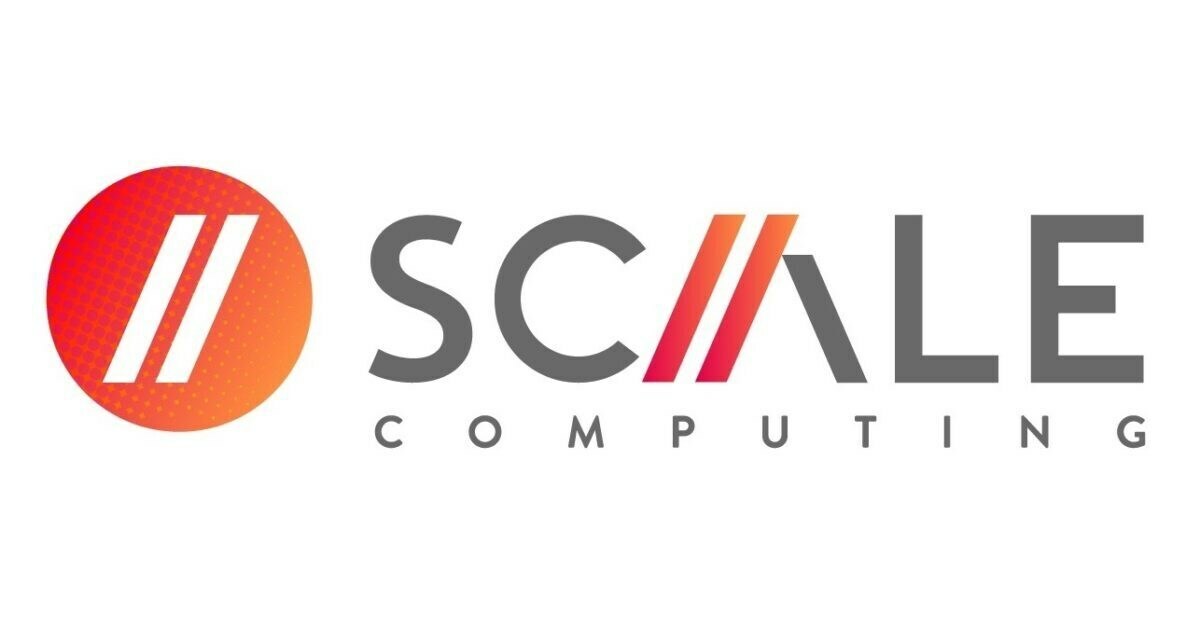Harnessing AI: Building the Future of Technology and Health Care
Author: Tech Journalist

As we navigate through 2025, the technological landscape is rapidly evolving, particularly in areas like cloud infrastructure, artificial intelligence (AI), and healthcare. These sectors are witnessing significant transformations fueled by innovation and strategic partnerships. Companies are not only striving to enhance their operational capabilities but also seeking to address mounting challenges in various industries.
One of the latest developments in this area is the announcement of the winners of the 2025 Scale Computing Platform Summit Awards, which highlights the companies making noteworthy strides in edge computing and virtualization technologies. Held in Las Vegas, this summit recognizes the importance of innovative solutions that tackle emerging challenges in the telecommunications and computer electronics sectors.

Scale Computing Platform Summit honors excellence in edge computing and virtualization.
On the financial front, the data center builder CoreWeave has recently signed a landmark deal with OpenAI worth $4 billion. This strategic partnership underscores the increasing investment in AI infrastructure, with CoreWeave planning to allocate over $20 billion this year to expand its data center capabilities. This move is a direct response to the soaring demand for AI-related services and the need for robust computational frameworks that support advanced AI models.
In parallel, cybersecurity is becoming a pressing concern, especially with the impending shift towards post-quantum encryption. Cybersecurity experts emphasize the urgency for CIOs to lead the charge in adopting post-quantum cryptography to safeguard digital assets in this changing landscape. As quantum computing technology advances, traditional encryption methods are at risk, prompting a re-evaluation of strategies to protect sensitive information.

CIOs must adapt to post-quantum encryption to secure digital assets.
The discussion surrounding AI extends to its integration in healthcare, particularly in the realm of clinical trials. A recent report from Parexel highlights that while AI has the potential to streamline many processes within clinical research, it cannot replace the value of skilled human teams. Success in clinical trials hinges on trained cross-functional teams who can navigate complex challenges, which underscores the necessity for collaboration between technology and human expertise.
Moreover, the applications of AI in medical imaging present another exciting frontier. The AI in medical imaging market is projected to grow to $29.8 billion by 2032, as these technologies significantly enhance diagnostic accuracy and efficiency for healthcare professionals. AI assists radiologists in detecting subtle anomalies that might otherwise go unnoticed, thereby improving patient outcomes and clinical workflows.

AI-powered technologies are revolutionizing medical imaging.
As organizations increasingly turn to AI, conversations around its implications for cloud infrastructure are gaining traction. In an op-ed published by Forbes, the question of whether we are engineering resilient digital infrastructures or creating systems laden with hidden risks is raised. It calls for a critical examination of how innovation in cloud technology is approached, highlighting the balance that must be achieved between pushing boundaries and ensuring security and reliability.
This broader transformation in technology is mirrored in workforce management, as Kyndryl has achieved recognition as a great place to work in ten countries. With over 70 workplace awards, the company’s commitment to fostering a supportive work environment is crucial in driving employee engagement and retention. In today's competitive labor market, such recognition not only enhances a company’s reputation but also attracts top talent in an industry that values innovation.

Kyndryl has received accolades for being a top employer globally.
As part of a continuing trend, the decentralized finance (DeFi) space is witnessing new projects like Vela AI, which aims to pioneer AI-driven Real World Asset (RWA) tokenization on Solana. This project exemplifies the innovative spirit in the crypto sector and reflects the growing intersection of AI with blockchain technology, providing new investment pathways and opportunities for decentralization.
Notably, the landscape of healthcare technology continues to evolve, with studies indicating that a majority of healthcare leaders expect revenue gains from value-based care as we move forward. The report emphasized the importance of understanding investment priorities and the barriers to adoption that affect the U.S. healthcare system. These insights are critical as organizations seek to align their strategies with the objectives of value-based care.

Healthcare leaders anticipate significant revenue growth through value-based care.
In conclusion, as we advance through 2025, the merger of technology and human expertise remains paramount across all sectors. With AI paving the way for innovation, the collaborative approach between technology providers and industry professionals will be essential in overcoming the challenges ahead. From healthcare and cloud infrastructure to workplace dynamics and DeFi, the future is bright with opportunities for those ready to embrace change.